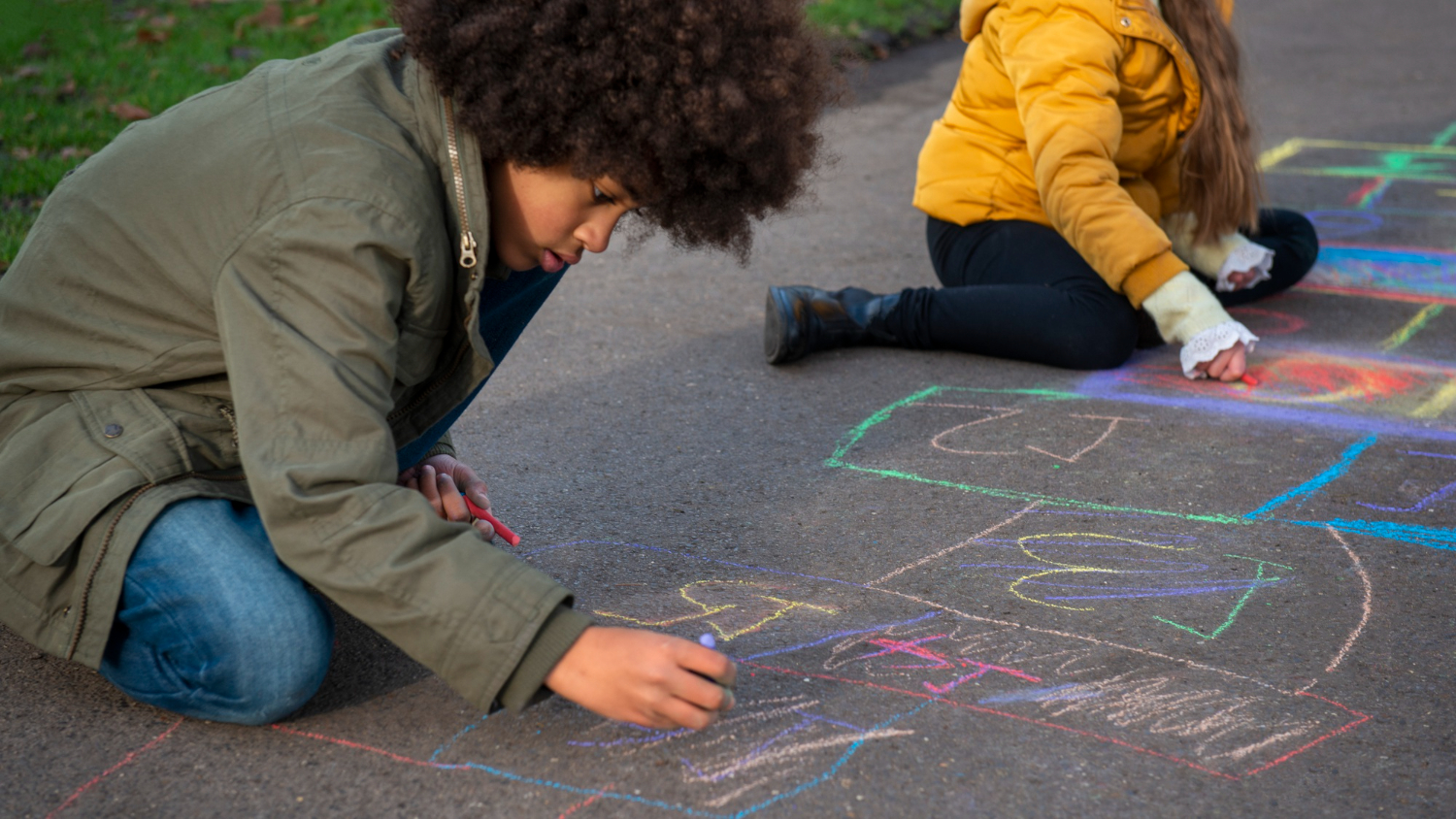Search
Categories
Tags
Accessible Playground's
accessible playground equipment
Beach Playground
Buying Commercial Playground Equipment
Child Skill Development
Commercial Equipment For Sale
Commercial Outdoor Playground Equipment
commercial playground company
commercial playground equipment
Commercial playground equipment for sale in Houston
Community Playground
fight childhood obesity
Holiday Event Idea
kids outdoor playgrounds
Mental Health
natural playgrounds
Outdoor Playground
Outdoor Playground Equipment
Outdoor Playground Equipment Houston
outside play
playground Equipment's
Playground Equipment Sales Houston
playground equipment supplier
Playground Installation
Playground Resurfacing
Playground Shade
Playground Surfacing
preschool playground equipment
Protect Playgrounds
Residential Playground Equipment
School Playground Equipment
theme playground
urban playgrounds

